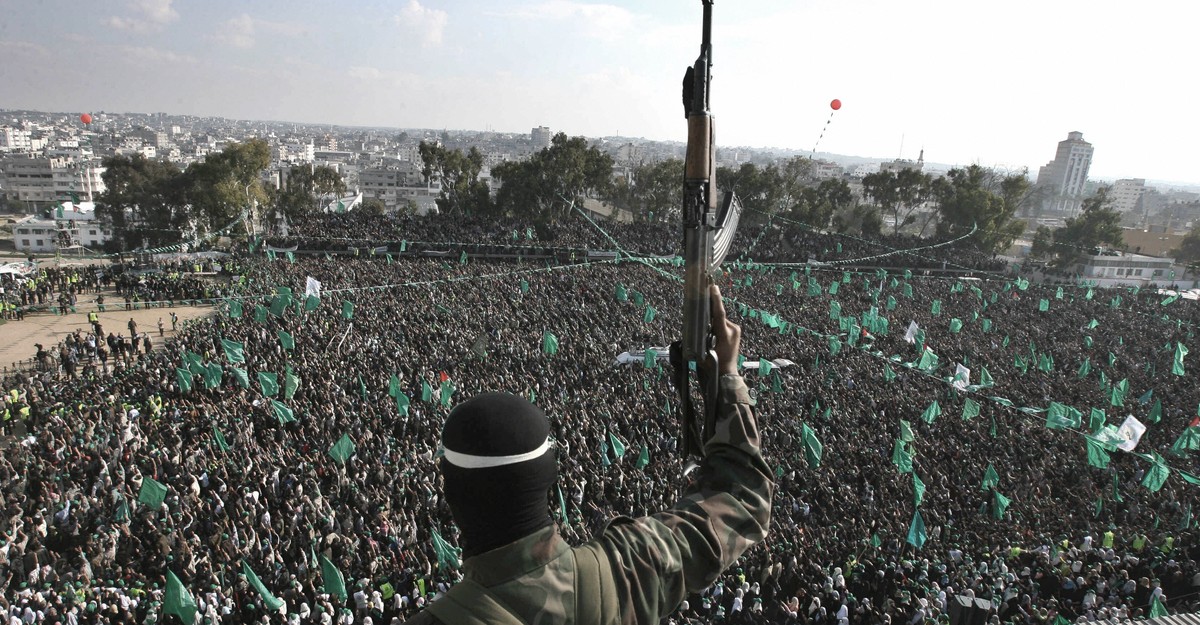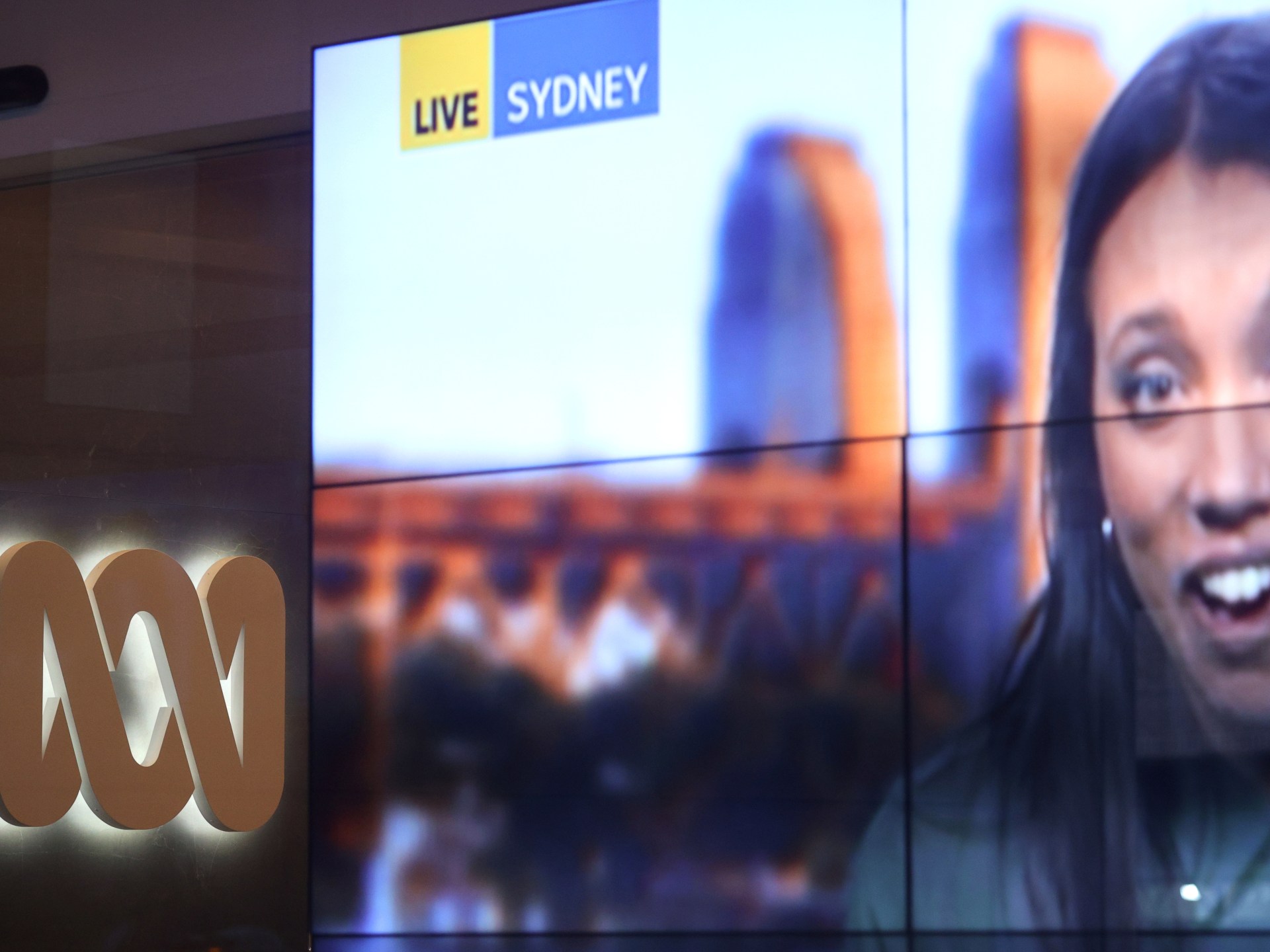PsB
Citizen of Nowhere™
Having now read this article a couple of times, I agree it is eloquent, but the ideas in Eid's book (as summarized by Toscano) seem fundamentally flawed. He has reasons not to like the Oslo accords and the two-state solution they tried to implement, but thinking that the time has come to reopen the one-state approach preferred by Edward Said is not just romantic, but delusional. The Oslo accords, imperfect though they were, were just about the closest the Palestinians have ever got to some sort of independent statehood. I don't see in this article either a convincing repudiation of the two-state approach, an account of the role extremists on both sides played in undermining the Oslo accords, or a convincing roadmap for establishing the one-state solution he dreams of. The one-state solution was already a dream when Edward Said was promoting it 20 years ago. It hasn't become more viable since then.A more eloquent repudiation of a two state solution, and a more honest assessment of Hamas, you are unlikely to read this week.

It's easy to complain about what Hamas, Fatah, the PLA, the comprador class, NGOs, the US, the UN and other insiders and outsiders have attempted in the last half century, so what does Eid suggest? Hmm: break with Hamas and Fatah, dismantle the PA... okay, piece of cake. Hope that a notional Left will spring up from the 'grassroots' to unite a majority of all Palestinians around a revitalized Palestinian National Council: aspirational, to put it politely. Eid recognizes the difficulty, indirectly, in the way he calls for 'different politics' and a 'new cognitive mapping' in the region to roll back the 'so-called new Middle East' of the Abraham accords. Integrating 'lessons from both the Latin American left and the South African anti-apartheid struggle' is unlikely to help much with achieving a ‘secular-democratic Palestine in the heart of a democratic Arab world’. The Arab Spring is long gone, religious and/or authoritarian rulers are firmly in place across the Middle East: the last thing they want is a secular-democratic Palestine next door.
The PNC (not to be confused with the PLC) was supposed to meet every year or two to set policies and strategy. It has expanded to 700-800 members, almost like the HoL, but it last met in 2018, 21 years after its previous full meeting (or 27 years, if one considers 1991 was the last legitimate meeting, the way some do). Hamas, Islamic Jihad and PFLP stayed away or dialed in. If this is the body that will carry the responsibility of moving the one-state solution to a favourable conclusion (whatever that is), it will need to step up the pace and include Hamas, IJ and other hardliners, who may have other ideas about grassroots movements.



